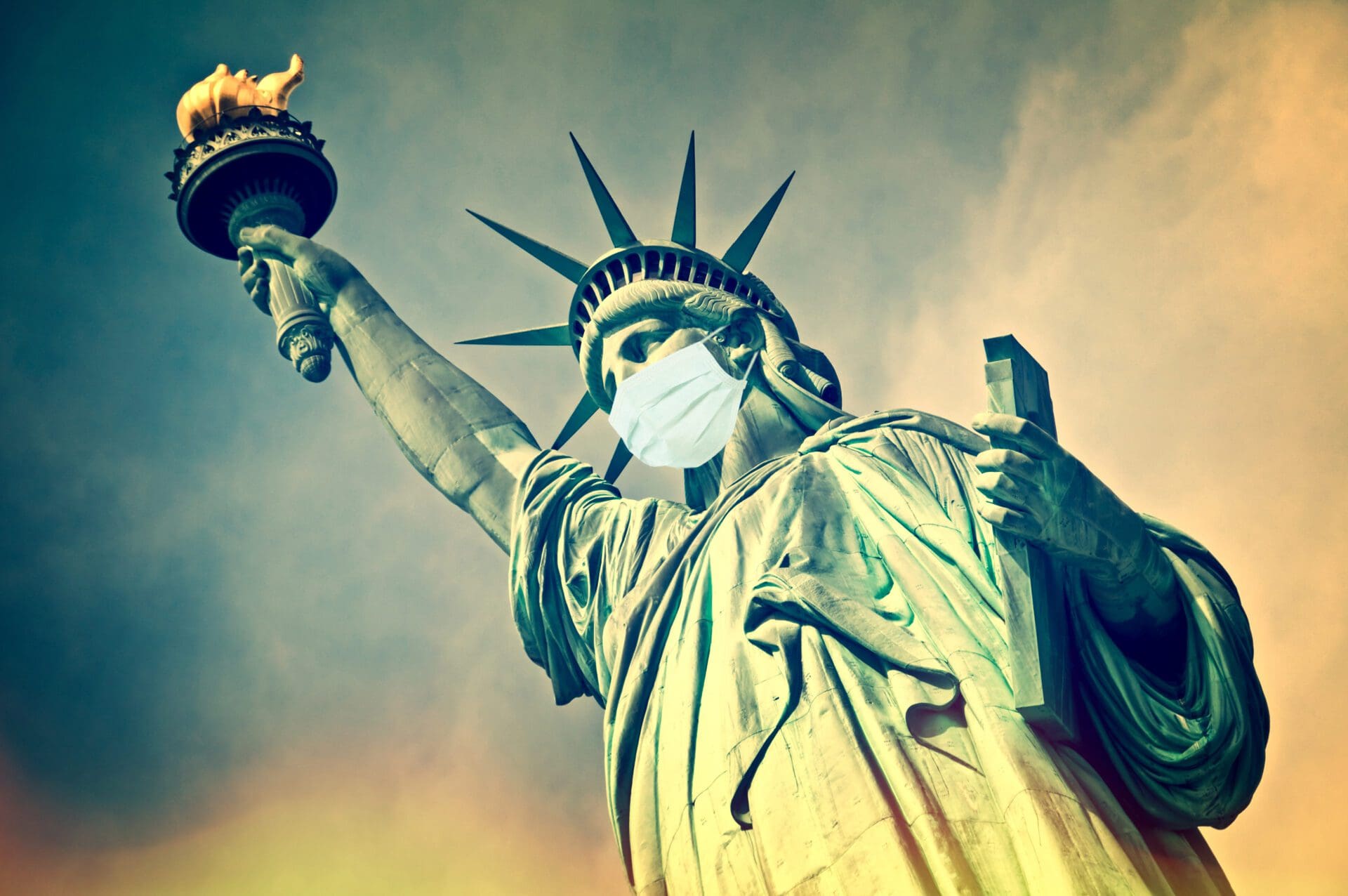The state of New York has declared a state of emergency over polio, an infectious disease that may cause paralysis. The emergency was declared after poliovirus was detected in a wastewater sample from Long Island. It is believed that the positive sample signals growing spread of the virus. The sample was genetically linked to a case identified earlier during the summer north of New York City. The paralytic polio case is the first in the nation in nearly a decade. While currently the state has only one confirmed case, it is believed that for every one known case of paralytic polio, there are hundreds of other people infected. As a reaction to the healthcare situation, Health Commissioner Mary Bassett asked all New Yorkers to be up to date with their polio vaccinations. The emergency order aims to expand the availability of polio vaccines and increase vaccination rates from around 79 to above 90 per cent.
Polio vaccinations began in the United States in 1955, and by 1979 polio was eradicated from the country. Polio mostly affects children, and it typically causes muscle weakness and paralysis. Both the UK and the US have routine polio vaccinations included in the vaccination campaigns for children. Vaccinations against polio are important because polio can be prevented but cannot be cured. While the risk of polio should not be underestimated, since 93 per cent of American children are vaccinated against it, a national outbreak is highly unlikely; while some communities who resist vaccination might still be vulnerable.
It is time to recognise that there is no need to live in a constant state of emergency
The emergency over polio comes on top of two other emergencies the state of New York declared this year. The two other states of emergency were over COVID-19 and monkeypox. While the governor of New York is right to consider the health of New York state residents very important, it is also time to recognise that there is no need to live in a constant state of emergency. Democratic New York Governor Katy Hochul in fact let her COVID-19 state of emergency lapse on Monday, as cases continue to remain relatively low. In the long run, if whenever the slightest health risk occurs, states of emergency are declared, people are bound to lose trust in healthcare institutions and may also become inclined to dismiss calls for vaccinations. As a New York City expert pointed out, ‘The risk to the majority of the general public is very low. Polio is something that we know how to prevent, the vaccine is part of our routine vaccination schedule, and our vaccine rates are high as a whole.’ The current polio scare may worsen the loss of trust in healthcare institutions in the US that has been observable parallel with growing opposition to lockdowns and mask mandates during the coronavirus pandemic. Lack of trust may have devastating consequences when a truly grave public health issue arises. So, state leaders may need to keep in mind the importance of maintaining the trust of the population before they declare emergencies in the face of mild public healthcare risks. Instead of resorting to—most likely unnecessary—declarations of emergency, it would be perhaps more advisable to simply remind people of the usefulness of polio vaccinations.








